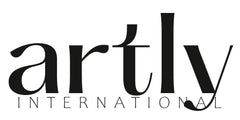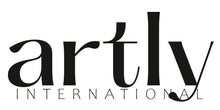Architecture & Abstraction: How Two Art Forms Influence Each Other
Architecture, like abstract modern art, is an art form that sometimes crosses the boundaries between spatial design and art. Architecture focuses on functionality and the built environment, while abstract modern art explores the realm of emotion and interpretation. Architectural elements are often found in the work of famous artists and architects, such as Frank Stella and Piet Mondrian. The geometric patterns of Stella and Mondrian, as well as the straight lines of Mondrian and the use of primary colors in his paintings, allude to the structure, order, and orderliness of architectural composition.

Zaha Hadid’s avant garde architectural designs are often compared to abstract paintings. Her fluid lines and forms, and creative use of space allude to the fluidity and non representativity of abstract paintings. There is much more to the relationship between architecture and art than meets the eye. Both share a language of shapes and lines, texture, and spatial relations. Architecture and art explore concepts such as balance, rhythm and proportion, and manipulate space to evoke emotion and stimulate thought.

In addition, both the architecture and the art design process often involve a certain amount of abstraction. Architecture conceptualizes its designs by sketching, drawing models and diagrams that break complex spatial ideas down into simplified forms. This is similar to the way in which abstract art conveys meaning and emotion by distorting reality into nonrepresentational forms. This cross-referencing has led to collaborations between architects and artists that blur the lines between the built world and the art world. Installations and sculptures, as well as architectural designs incorporating abstract art elements, are all examples of this cross-fertilization.

Architecture and abstract art cross each other in a way that challenges our perceptions and invites us to reflect on the interdependence of different forms of expression. It encourages dialogue and creativity across seemingly disparate disciplines. In this cross-referenced space, architecture and abstraction both find new realms of innovation and creative expression that shape our environments in deep and unexpected ways.




Leave a comment